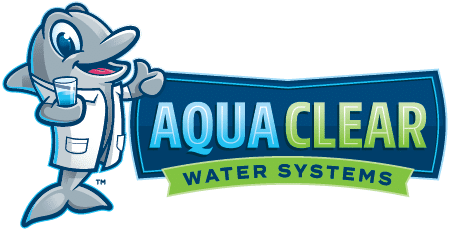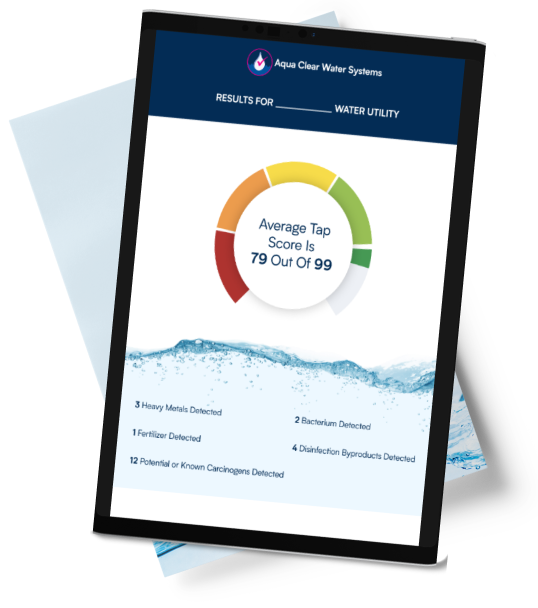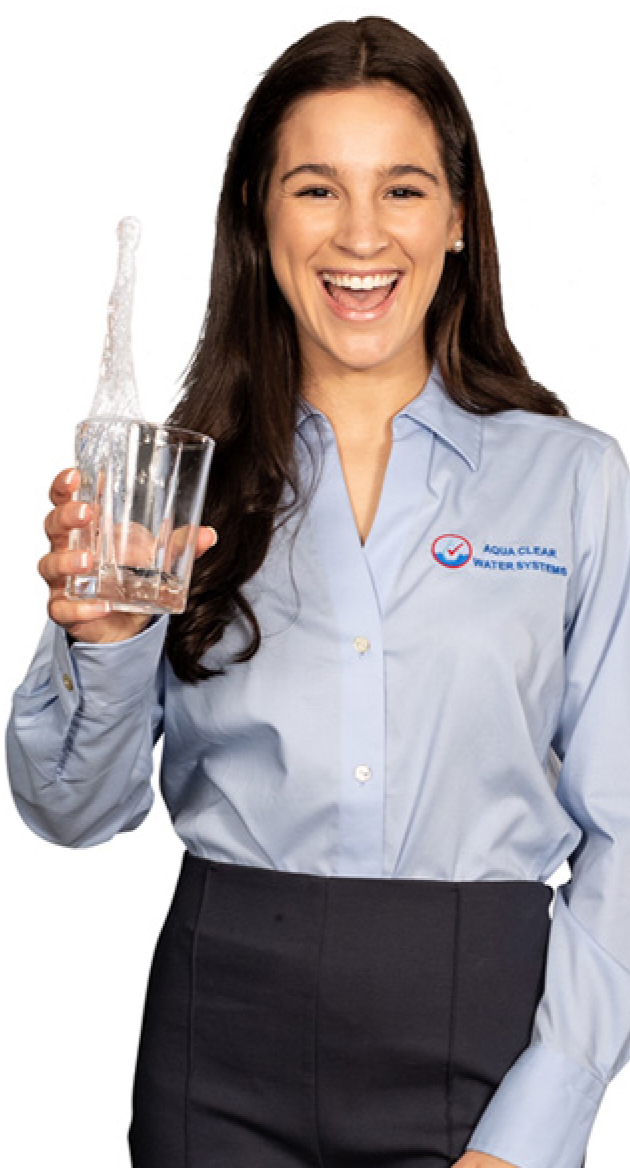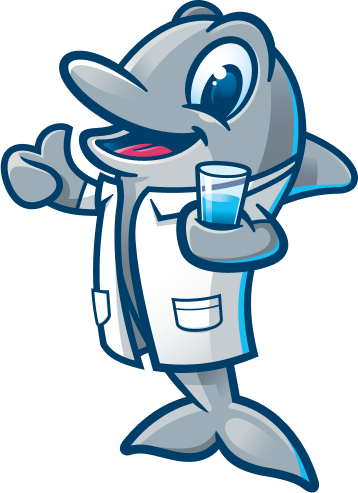The link between water purity and digestive health is both undeniable and perfectly obvious. Water is the fundamental purifier, the neutral substance that cleans our bodies inside and out, washing away impurities and, in the case of the gut, giving the good bacteria the chance to work, while their unhelpful kin are banished. It stands to reason that if this wonderful cleanser is contaminated, its work will be compromised, and it can be a Trojan horse, bringing contaminants into the equation. Water purity is absolutely essential to gut health and, by extension, to our general well-being.
The human body plays host to billions of bacteria, with a large proportion of them being inside, in what we know as the gut. This is the gastrointestinal system, AKA gastrointestinal tract or the even less attractive-sounding bowel.
The function of the gut is straightforward: to break down food, absorb nutrients and get rid of waste. The food we take into our body contains vitamins and minerals that the body needs to keep it functioning efficiently, but we need to get at the good stuff first. The gut is where the food is processed, with these essential nutrients extracted, and what we don’t need heads south to be excreted.
The idea of “gut health” is being promoted more than ever these days, partly by manufacturers of fermented milk, often known as yoghurt, extolling the virtues of the “friendly bacteria” their products contain. Probiotics, meaning good bacteria, is the word that is used in this kind of advertising.
This promotion has at least opened the public’s eyes to the fact that not all bacteria are bad, which was the prevailing wisdom for many years. Household cleaners and bleach used to be advertised as killers of bacteria, which was a term that replaced “germs” as the villains of the health arena. So, the reputation of bacteria was saved, due to our increasing sophistication, and it was now okay to think of these microscopic forms of life being in our body, doing good things as well as bad.
The human body can tolerate a certain number of bad bacteria, but when treatment is needed, it tends to come in the form of antibiotics. These have their own pros and cons, with their effectiveness being balance against overuse, which can lead to bacteria becoming tolerant of them. Many doctors now are resisting the trend to prescribe antibiotics indiscriminately, because it is all too easy for a patient to look up symptoms online and march into the medical practice expecting the silver bullet that is a course of antibiotics, when no such drastic measures are needed.
Bacteria is the plural of bacterium, but the singular is rarely used because they exist in such vast numbers that what we’re thinking of are masses of bacteria doing who-knows-what.
Having established that Johnny Bacteria is innocent while his brother Jimmy Bacteria is a bad guy, we come to the delicate matter of encouraging one while eradicating the other. The very least we can do is ensure that we don’t introduce bad ones via drinking water.
The need for pure water has been known since humankind took its first drinks and discovered that scooping it up from the edge of a pond led to stomach cramps and diarrhea, whereas getting it from the middle of a lake or a mountain stream did not. Trial and error is the lot of the pioneer.
Today, if we drink municipal water, we are safe, because it will have been tested and filtered and tested again, but if it’s from our own well, the onus is on us. There are water purity specialists who will analyze what comes out of the ground and remove the contaminants.
Both public and private water can now benefit from AI (artificial intelligence), which can monitor water purity in real time and alert the user to current issues and potential issues, even predicting problems in water treatment plants and, as AI becomes more common in residential and commercial buildings, performing the same services for individuals.
Throwing the Baby Out with the Bathwater
The link between water purity and digestive health is complicated because there is the matter of removing harmful bacteria without stripping beneficial minerals. This can be achieved by exposing water to ultraviolet light or by simply boiling. The ultraviolet method sounds a lot more complex, and it needs to be carried out by a professional; it’s the kind of thing we have to accept we can’t do ourselves. Boiling, on the other hand, is such a primitive action to take that it seems like an anachronism in this day and age.
The answer is to get a professional water quality company to take care of your water supply. You don’t want to have to boil water before drinking it, and buying bottled water is an expensive and unnecessary luxury. With a plentiful supply that has had the really harmful pollutants removed, you are only a phone call away from superb purity, so get a professional company involved. The initial cost will be well worth it compared to shelling out for some fancy water that may have been brought thousands of miles, with all the ecological implications of that, plus the plastic containers these brands tend to come in. This is the kind of thing the responsible modern consumer wants to avoid.
How to Work with Your Body for Digestive Health
Food hygiene is generally much better than it was a generation or two back because we are more aware of the need for it, and events such as the Covid-19 pandemic brought handwashing and sanitizers into the public consciousness. There are also issues such as cleaning chopping boards to avoid cross-contamination. There is a strong case for using a non-absorbent, easily cleaned board for meat and poultry preparation, keeping the hazards of flesh away from the less problematic fruit and vegetables (which still have to be washed in clean water). Making sure your water supply is pure and getting it checked regularly to ensure the standard doesn’t slip is another key element in maintaining digestive health.







